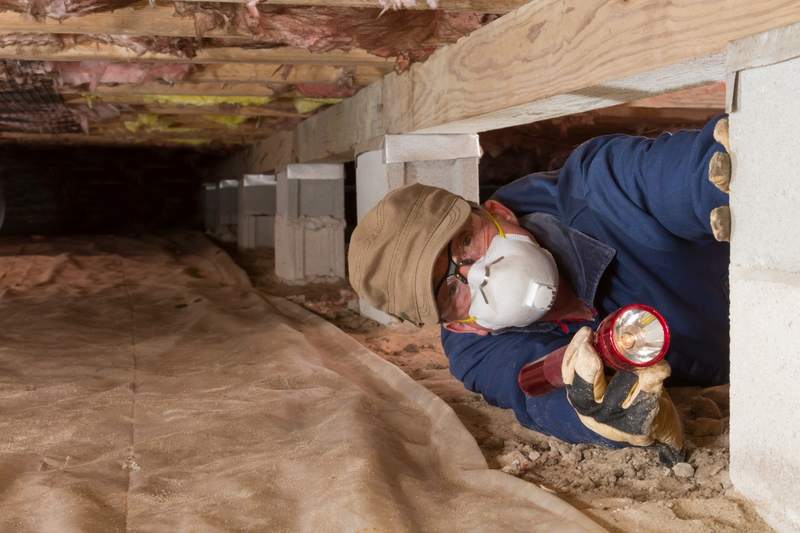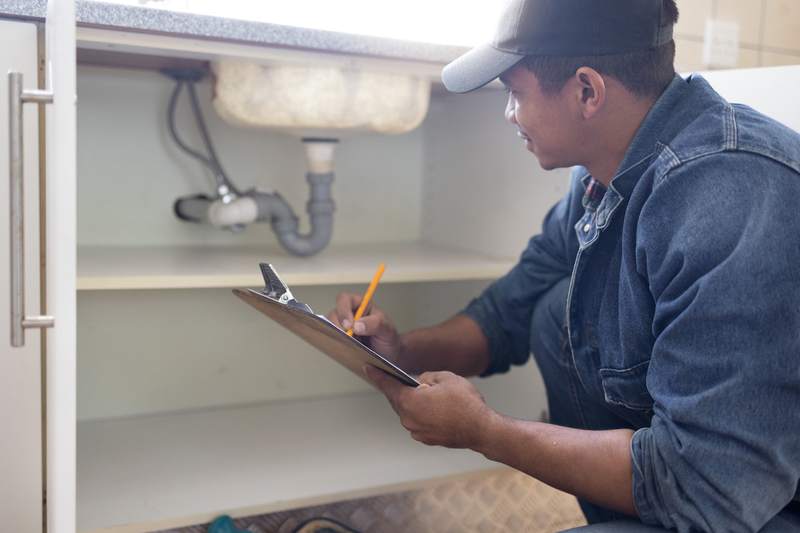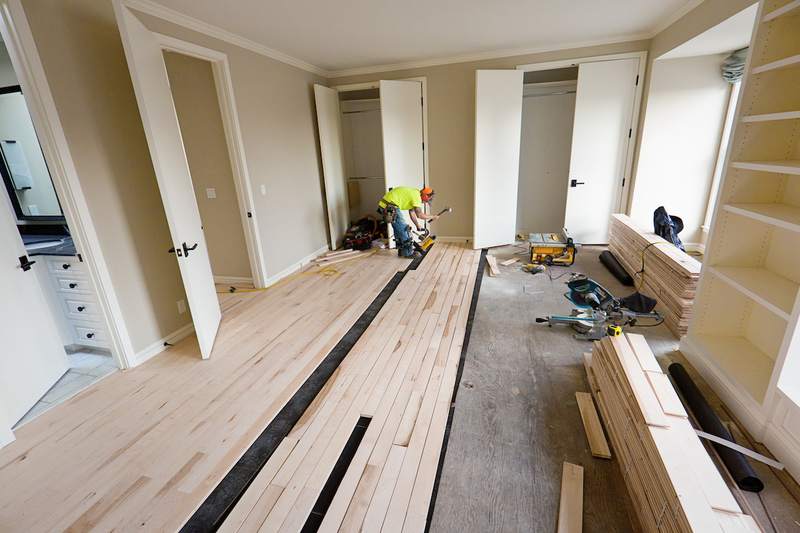
Once a seller accepts your offer to buy a home, both parties sign a purchase and sale agreement that formalizes the terms of the deal and sets common contingencies for completing the sale. One condition most mortgage lenders require is an appraisal contingency, which allows the buyer to cancel the sale if the appraised value of the home is lower than expected.
“This contingency allows buyers to back out of the deal if the appraisal comes in lower than expected, ensuring that they are not bound to pay more than the property’s perceived market value,” says Adie Kriegstein, a real estate agent and founder of the NYC Experience Team at Compass in New York.
How an Appraisal Contingency Works
An appraisal contingency protects the buyer from paying more for a home than it’s worth. Mortgage lenders usually require an appraisal to establish the current fair market value of the home, and will not approve a loan for more than the home is worth.
If the appraisal comes in lower than expected, an appraisal contingency lets the buyer cancel the sale without penalty. The buyer has a couple of options in such instances:
- Back out of buying the house. The purchase and sale agreement is terminated and any earnest money the buyer put down is refunded to them. An earnest money deposit is 1% to 3% of the purchase price, so walking away from a $500,000 home without an appraisal contingency would cost you as much as $15,000. The seller goes back to square one, and needs to find another buyer.
- Negotiate new terms. The ability to walk away gives the buyer some leverage to ask the seller to reduce the purchase price so it’s in line with the home’s appraised value.
Without an appraisal contingency, the buyer is obligated to buy the home even if the appraisal comes in low. They might need to make a larger down payment to cover the appraisal gap, which is the difference between the purchase price and the appraised value. If the buyer can’t afford that, they would be liable for breach of contract and forfeit their earnest money.
When is a home appraisal required?
Most types of lenders require a home appraisal to confirm that the value of the home justifies the loan amount. Many counties also require an appraisal, and use the results to calculate the home’s property taxes.
Who pays for the appraisal?
Even though the lender requires the appraisal, the buyer usually pays for it. You can expect an appraisal to cost from $600 to $2,000.
How long does an appraisal take?
How long an appraisal takes depends on the size and condition of the home. While the inspection aspect might take only 15 minutes, it may take up to a week for the appraiser to complete their report.
What To Do When a House Appraises Lower Than the Purchase Price
If the home appraises for less than the purchase price and you have an appraisal contingency, then you have options.
Ask the seller to reduce the purchase price
If an appraiser finds the home is worth less than the agreed-upon purchase price, you can ask your real estate agent to renegotiate terms of the sale with the seller.
“For instance, you might request a reduction in the purchase price to align with the appraised value, or appeal the appraisal by providing supporting evidence to justify your assessment of the property’s true value,” says Kevin Garcia, a real estate agent at WLM Realty in Los Angeles. “If the property’s appraisal is lower than its actual value due to physical defects, you as the buyer can negotiate to either have the seller carry out necessary repairs to reflect the home’s true value, or request a seller’s credit to cover the price discrepancy.”
An appraisal contingency gives you some leverage in this case. The seller knows you can walk away, which would leave them without a buyer and back at square one.
Ask for a second appraisal
You can ask for a second opinion from a different appraiser, but you’ll need to give your lender a good reason why you think the first appraisal was inaccurate. It will help you dispute the appraisal if you have supporting documentation of recent renovations or improvements that increase the home’s value.
Pay the difference yourself
You can pay the difference between the appraised value and the purchase price. If you can increase your down payment enough to cover the gap, your lender still may approve your loan application.
Cancel the sale
If you and the seller cannot agree on a solution, an appraisal contingency gives you a reason to back out of buying a house without penalty.
If you don’t have an appraisal contingency, then you’re in a trickier position. You would forfeit your earnest money and could face legal action for breach of contract.
Why You Might Waive the Appraisal Contingency
Some buyers waive the appraisal contingency to make their house offer stand out — especially if the market is hot and they’re facing stiff competition from other buyers. However, waiving the appraisal contingency comes with significant risks.
Here are some reasons why you might want to waive the appraisal contingency:
- You are confident about the value of the property.
- You have enough cash to cover the appraisal gap.
- You qualify for Fannie Mae or Freddie Mac’s appraisal waiver programs.
- You qualify for a separate appraisal waiver through your lender.
- You qualify for other lender programs that make waivers easier.
- You have a financing contingency that lets you cancel the deal without penalty if you’re unable to get a mortgage large enough to buy the home.
FAQ
Here are answers to some common questions about appraisal contingencies.











